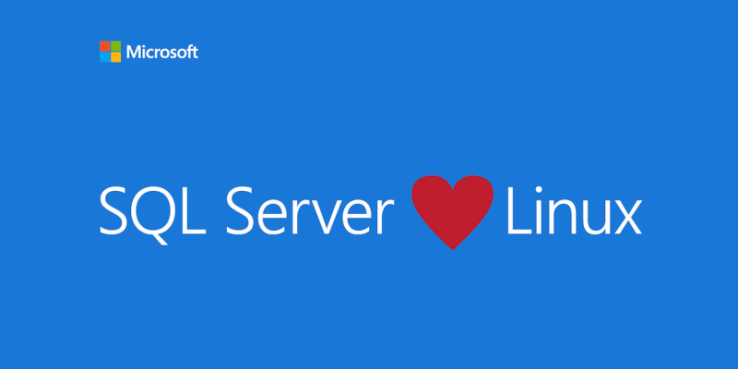
SQL Server, Microsoft’s flagship relational database product, is now available on Linux in the form of an early private preview, with a full launch planned for mid-2017.
Until now, SQL Server was strictly a Windows product, but as Scott Guthrie, Microsoft’s executive vice president of its cloud and enterprise group, writes today, the company has decided that it’s time to bring it to Linux as well.
“SQL Server on Linux will provide customers with even more flexibility in their data solution,” Guthrie writes. “One with mission-critical performance, industry-leading TCO, best-in-class security, and hybrid cloud innovations – like Stretch Database which lets customers access their data on-premises and in the cloud whenever they want at low cost – all built in.”
Microsoft says it plans to open up access to SQL Server on Linux as it gets closer to general availability.
Today’s announcement comes three days ahead of Microsoft’s planned SQL Server 2016 event in New York. Guthrie says Microsoft plans to announce a number of new features around SQL Server 2016, including better in-memory database, R, and data warehousing support, as well as new mobile apps for business intelligence.
Microsoft says it currently uses the SQL Server 2016 codebase to power more than 1.4 million SQL databases in its Azure cloud. SQL Server 2016, which is currently available as a public preview, will become generally available later this year.
Not too long ago, today’s announcement would have been unthinkable. Over the last few years, though, and especially under its new CEO Satya Nadella, the company has started to open up more of its services and put a stronger emphasis on open source.
Today’s announcement also fits into Microsoft’s overall emphasis on hybrid deployments. Microsoft already runs Linux in its cloud and recently announced a major partnership with Red Hat, for example. If it wants SQL Server to remain relevant, it needs to bring it to more platforms — including those that it previously regarded as competitors. On Linux, after all, products like MySQL, MariaDB, and PostgreSQL are also vying for a very similar slice of the market.
Source: http://feedproxy.google.com/~r/Techcrunch/~3/bxSR7i69fTg/





